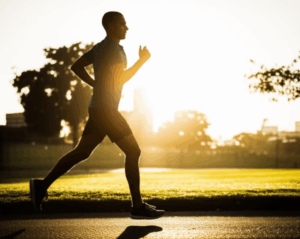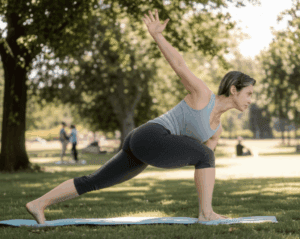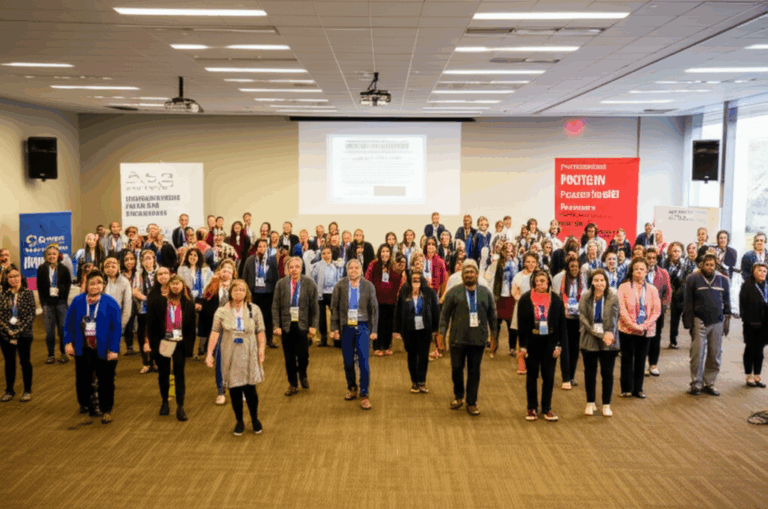WAUKESHA, WI – Leading experts, clinicians, and researchers from around the globe are set to converge in Waukesha for the second annual International Motion Impacts Emotion Conference, taking place on September 27-28, 2025, at the Milwaukee Marriott West. The event will delve into the profound and increasingly recognized connection between exercise, movement, and mental health, showcasing the latest evidence-based research and innovative treatment strategies.
Organized by the AB Korkor Foundation for Mental Health, the conference aims to explore how physical activity can revolutionize mental health care, bringing together a diverse group of professionals passionate about transforming mental well-being through movement.
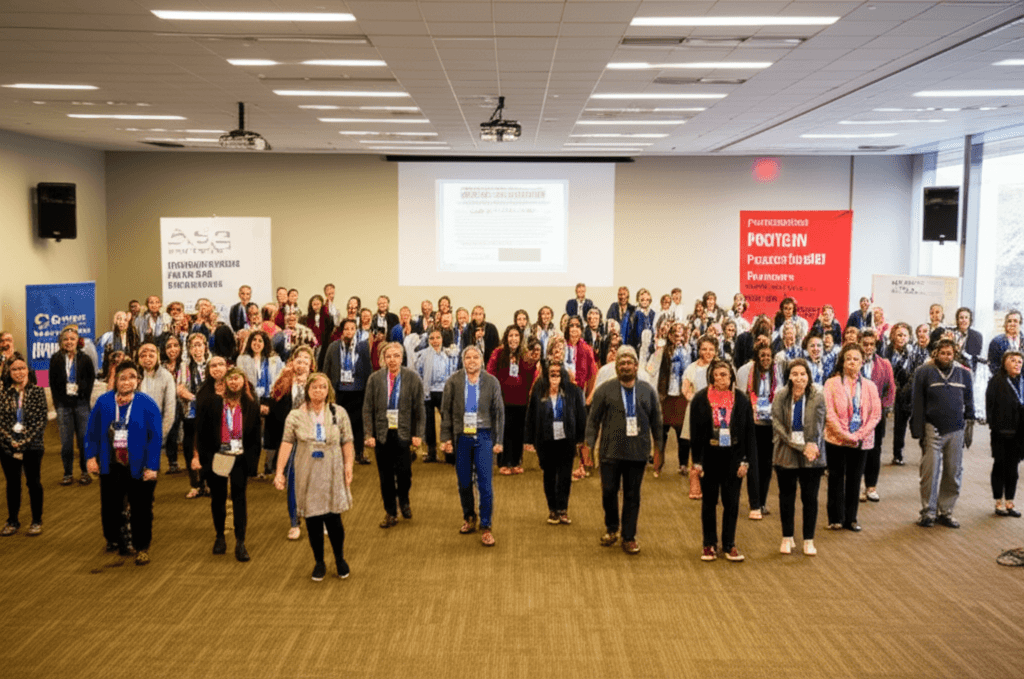
Unpacking the Purpose of the Conference
The International Motion Impacts Emotion Conference serves as a critical platform for disseminating cutting-edge insights into the role of physical activity in mental health prevention and care. Attendees will discover practical tools and solutions for integrating exercise, sports, and various movement therapies into mental health treatment protocols. The event emphasizes a holistic approach to patient care, addressing both mind and body.
Dr. Adel Korkor, founder of the AB Korkor Foundation for Mental Health, highlighted the conference’s mission to provide evidence-based insights to medical and mental health professionals, educators, and policymakers. His personal journey of discovering the anxiety-reducing benefits of running years ago spurred his exploration into the scientific connection, where he found extensive research on how movement impacts the brain.

Key Discussions and Expert Insights
The two-day conference will feature a dynamic agenda, including presentations from renowned specialists. Among the highlights is a special evening session with Dr. Peter Gray, a world-renowned professor of psychology and neuroscience, whose talk is titled “Mother Nature’s Prescription for Mental Wellbeing: The Power of Play and Other Self-Directed Activity.” Dr. Gray will draw on decades of research to demonstrate how free play and self-directed learning are essential for healthy emotional and cognitive development.
Speakers will bring unique perspectives on the intricate relationship between physical and mental health, sharing advancements in clinical research. Topics are expected to range from the impact of exercise on a stress-resistant brain to the rationale and evidence for exercise in treating conditions such as PTSD.

The Growing Link Between Exercise and Mental Well-being
The scientific community has increasingly acknowledged the powerful role of exercise and physical activity in mental health. Research indicates that regular physical activity can mitigate symptoms of depression and anxiety by stimulating the release of endorphins, the body’s natural mood elevators. Beyond mood regulation, exercise influences brain-derived neurotrophic factor (BDNF) levels, enhancing neuroplasticity and supporting hormonal balance.
Dr. Korkor emphasized that exercise increases brain size and releases hormones that activate neurons, cell growth, and connectivity, leading to improved mood and cognitive function. Studies also suggest that exercise can prevent Alzheimer’s disease and enhance cognitive abilities in individuals with early cognitive impairments. Movement-based interventions, including structured aerobic programs and mindful practices like yoga, are increasingly integrated into treatment plans for various conditions, including depression, ADHD, and PTSD.
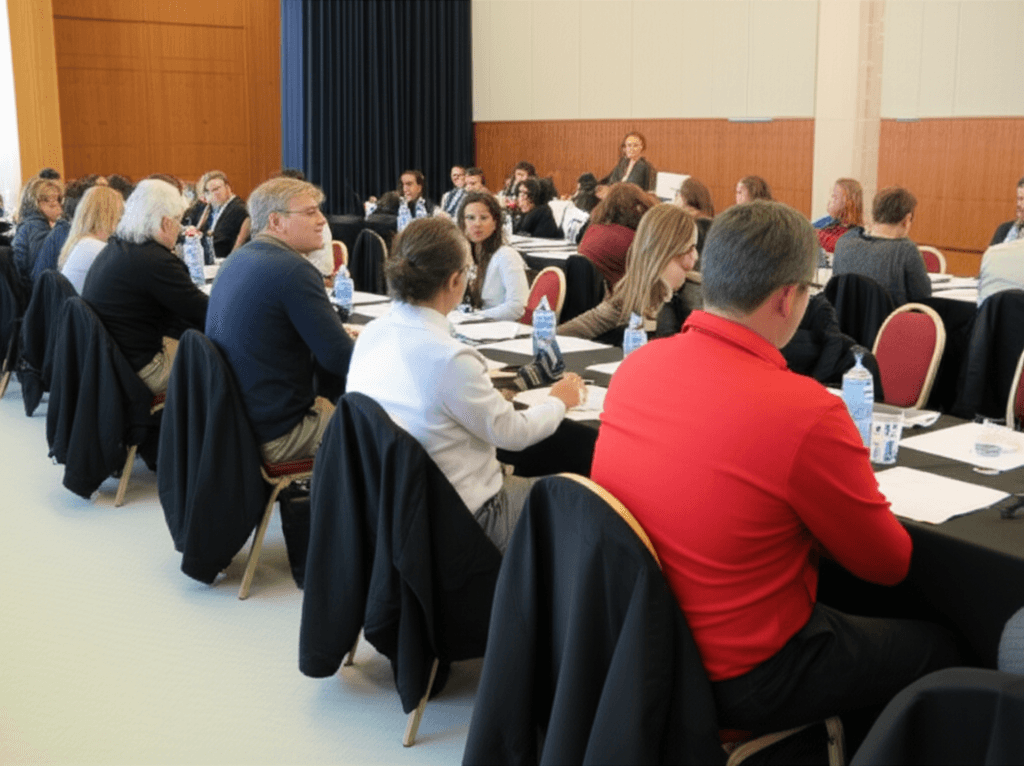
Who Should Attend
The International Motion Impacts Emotion Conference is designed for a broad audience, including psychologists, psychiatrists, therapists, nurses, students, and wellness advocates. It offers a unique opportunity to expand knowledge and connect with a global network of professionals committed to advancing mental health through movement. Medical and mental health professionals, educators, and policymakers are particularly encouraged to attend to gain cutting-edge insights and practical tools. Both in-person attendance at the Milwaukee Marriott West and virtual options are available for participation.
The conference underscores the critical importance of a holistic approach to mental health, recognizing that physical activity is not merely beneficial for the body but is a powerful, evidence-based intervention for the mind.

